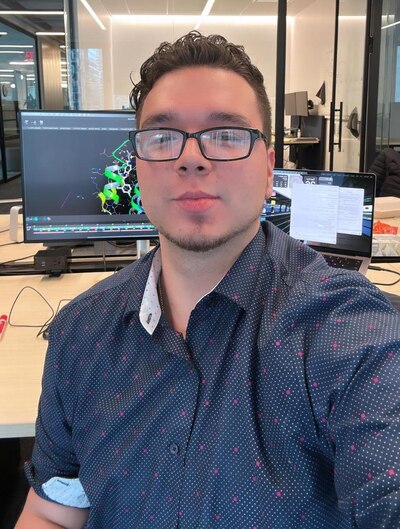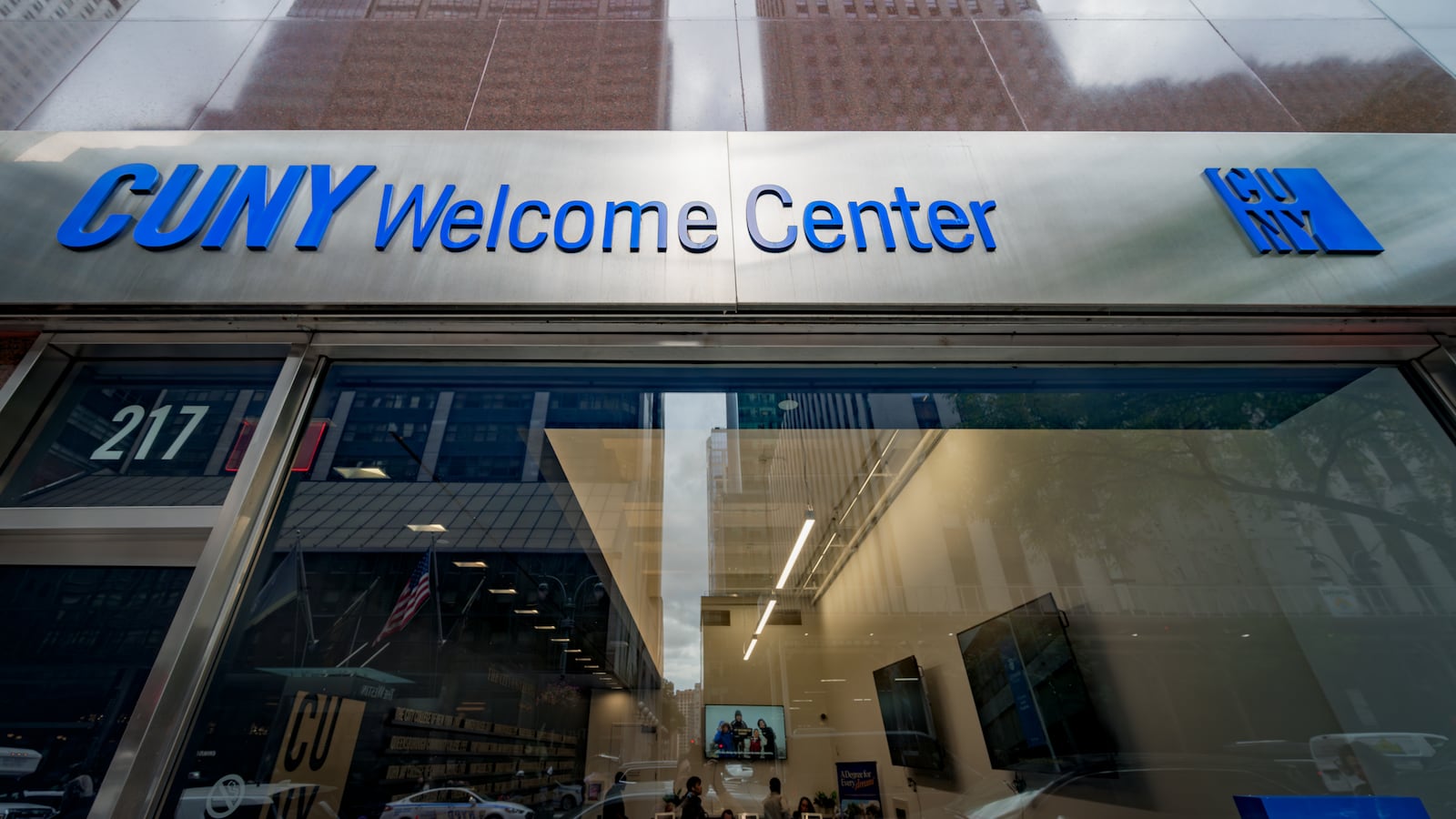For most students, the transition to high school is stressful and awkward. Now imagine doing it barely speaking a word of English. That was my experience as a shy 14-year-old, having just moved to New York City from Ecuador. As a freshman at Brooklyn’s Bushwick School for Social Justice, college was the furthest thing from my mind.
So when my 11th grade science teacher encouraged me to take a college course, I dismissed it as a bigger step than I was ready to take as I was still learning English.

My teachers persisted, explaining that colleges had resources for students like me, a relatively recent immigrant and the first person in my family to take a college course in the United States. By my senior year of high school, they had convinced me to enroll in a college biology course through CUNY College Now, a dual-enrollment program that allows New York City public high school students to take courses on City University of New York campuses. (The program was started back in 1984 at Kingsborough Community College.)
I was a straight-A student in high school, but college was different.
On my first day at the New York City College of Technology, or CityTech, I was surprised at how big the Downtown Brooklyn campus was. After getting lost there, I questioned my decision to enroll. As the semester got underway, I had to adapt to the more rigorous college grading scale and learn about the different campus offices and club offerings.
Taking this biology class pushed me out of my comfort zone. I remember early exams and assignments feeling so challenging.
But instead of discouraging me, the class reminded me of the love of science I developed back in Ecuador, where Charles Darwin studied the species that inspired his theory of evolution. The next semester, I took another CityTech class, this one in American Sign Language. It sounded like an easy class but proved so difficult that I struggled to earn a C.
I was not sure what my life after high school would look like, but because I had this early experience on campus, I didn’t have to question whether I could make it in college. I knew I could and had the credits to prove it.
Some of my friends who were not in College Now, had a harder time figuring out the college application process and, later, adjusting to the workload, especially the reading. But when I started college full-time in the fall of 2018, I showed up to CityTech feeling like a veteran. I knew how to navigate the campus and already had friends I had met through my two courses the year before. More importantly, I came in with a sense of direction.
Having a head start meant I could focus on learning. I learned about the college’s biomedical informatics program, which combined my interests in science and technology. I graduated from that program in the spring of 2023 and am pursuing a master’s degree in Health Informatics at SUNY Downstate.
I’m hardly the only one to benefit from this dual-track program. More than 28,000 New York City public high school students took College Now courses last academic year, according to CUNY. Giving high schoolers a sneak peek of the college experience can be transformative, especially for first-generation college students.
The numbers back this up: Students who participate in dual-track programs start off with more credits, have higher college GPAs from the beginning, and are more likely to earn degrees and certificates. My only regret is that I didn’t do it sooner.
That’s why, this past summer, I was able to follow in the footsteps of my own mentors and host and give advice to current College Now students in the research lab where I was working alongside a CityTech professor.
These high school students remind me of myself just a few years ago and about the benefits of starting my college career while I was still in high school.
Adrian Guin Rizzo is a recent graduate of CUNY’s New York City College of Technology.


